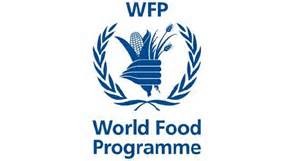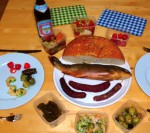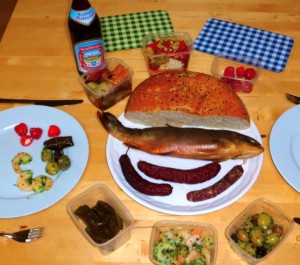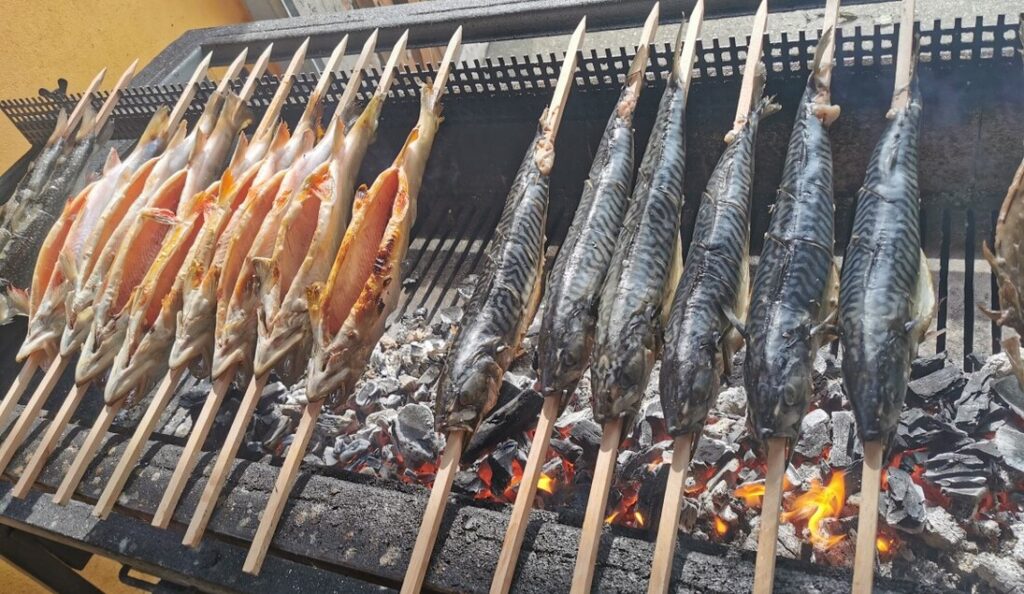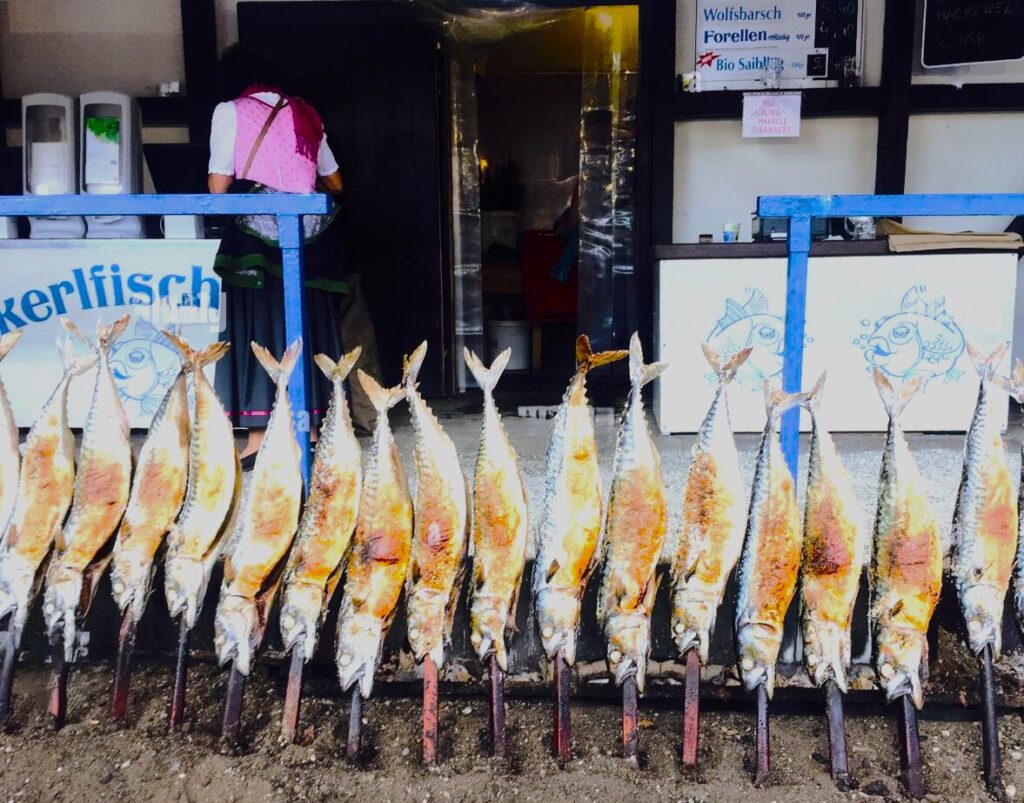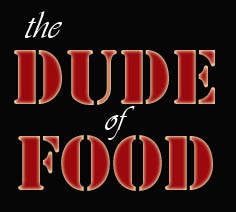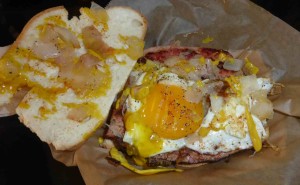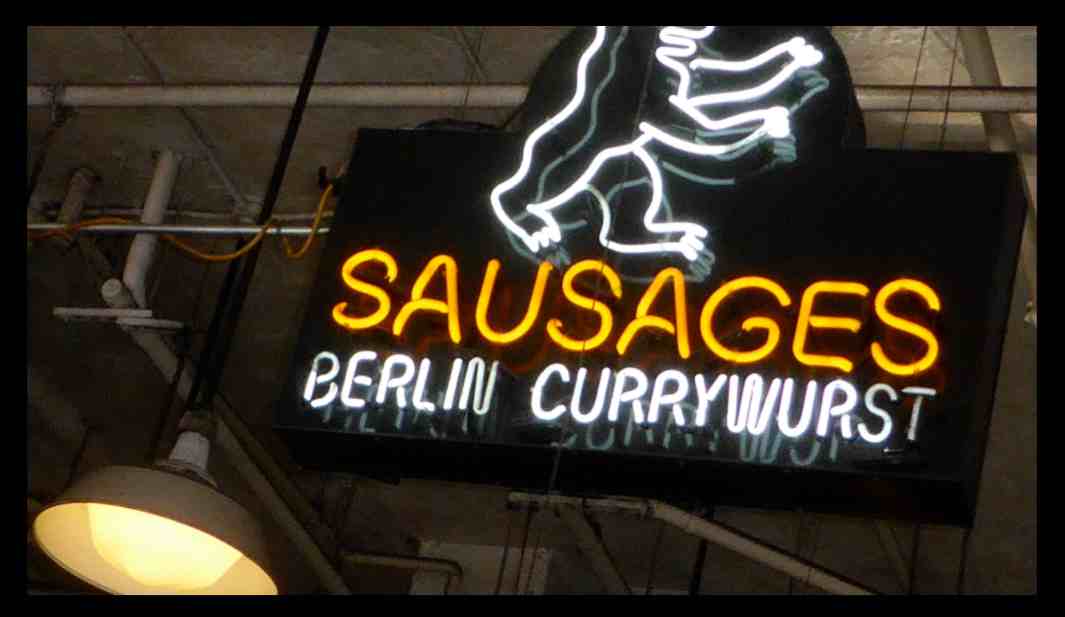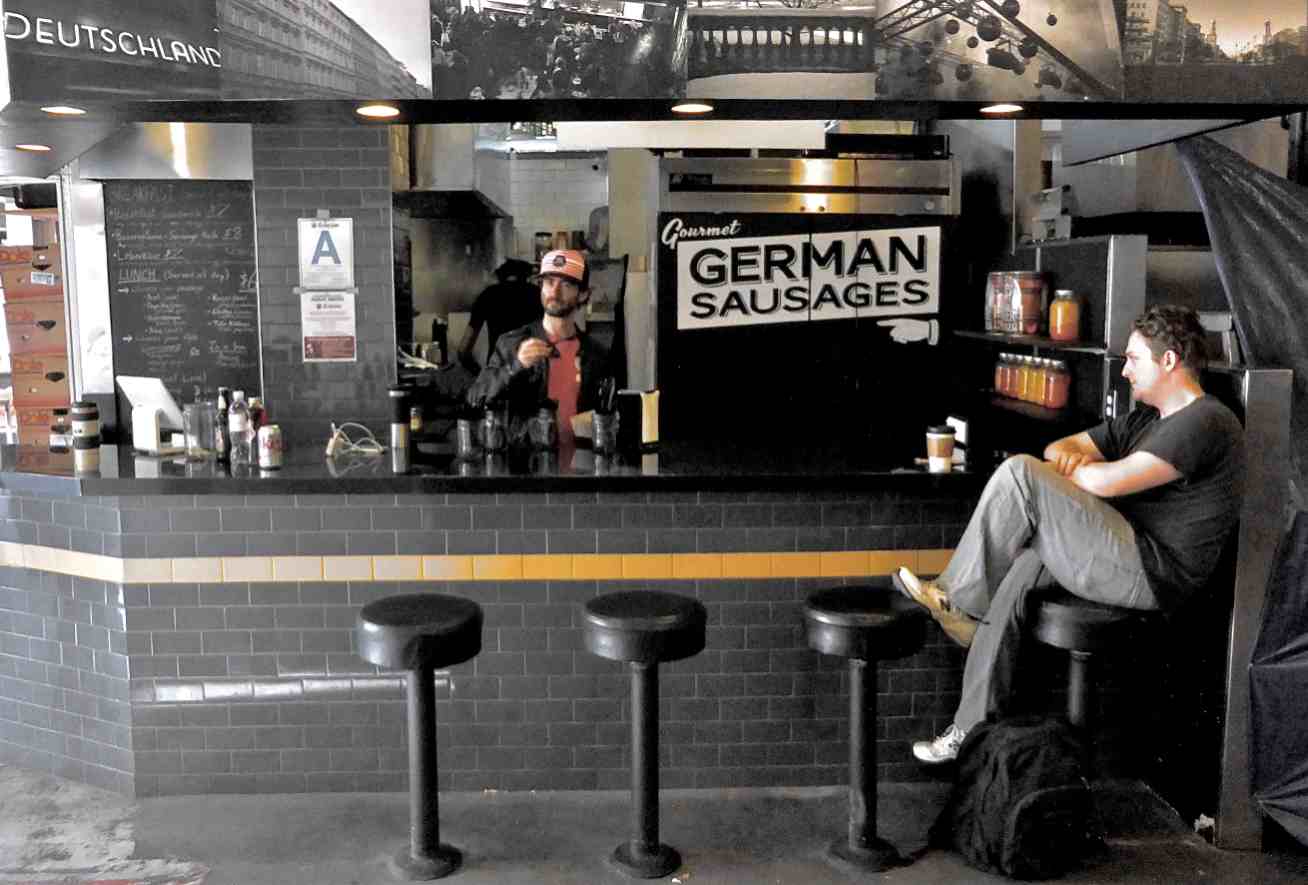Reinheitsgebot literally means “purity order” and is commonly referred to as the “German Beer Purity Law” or the “Bavarian Purity Law”. This is a regulation about the production of beer in the Holy Roman Empire and its successor state, Germany. The original text states the only ingredients that could be used in the production of beer are water, barley and hops.
The law originated on 30 November 1487, when Albert IV the Duke of Bavaria promulgated it, specifying three ingredients – water, malt and hops – for the brewing of beer.
On 23 April 1516 in the city of Ingolstadt located in the duchy of Bavaria, two other dukes endorsed the law as one to be followed in their duchies and added standards for the sale of beer.
The earliest documented mention of beer by a German nobleman is the granting of a brewing license by Emperor Otto II to the church at Liege (now Belgium), awarded in 974.
The world’s oldest continuously operating brewery is the Weihenstephan Brewery in Bavaria.
The Weihenstephan Brewery can trace its roots at the abbey to 768, as a document from that year refers to a hop garden in the area paying a tithe to the monastery. A brewery was licensed by the City of Freising in 1040, and that is the founding date claimed by the modern brewery. The brewery thus has a credible claim to being the oldest working brewery in the world. (Weltenburg Abbey, also in Bavaria, has had a brewery in operation since 1050, also known as “Corn Beer” claims to be the oldest brewery in the world.) In 1803, the monastery and brewery became possessions of the State of Bavaria.

